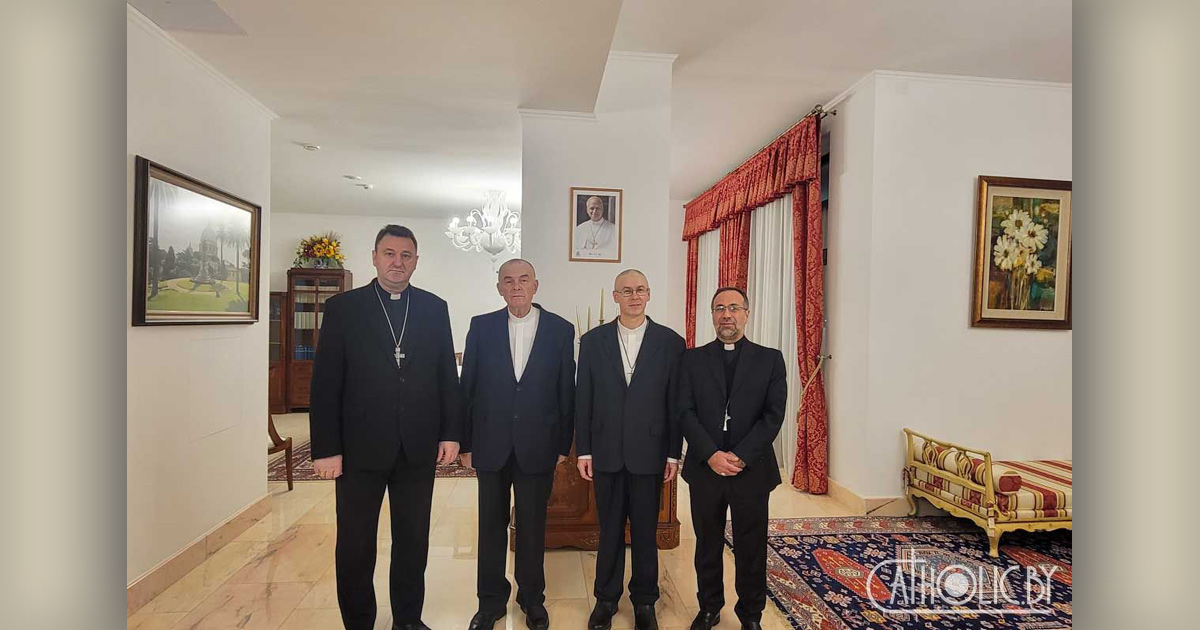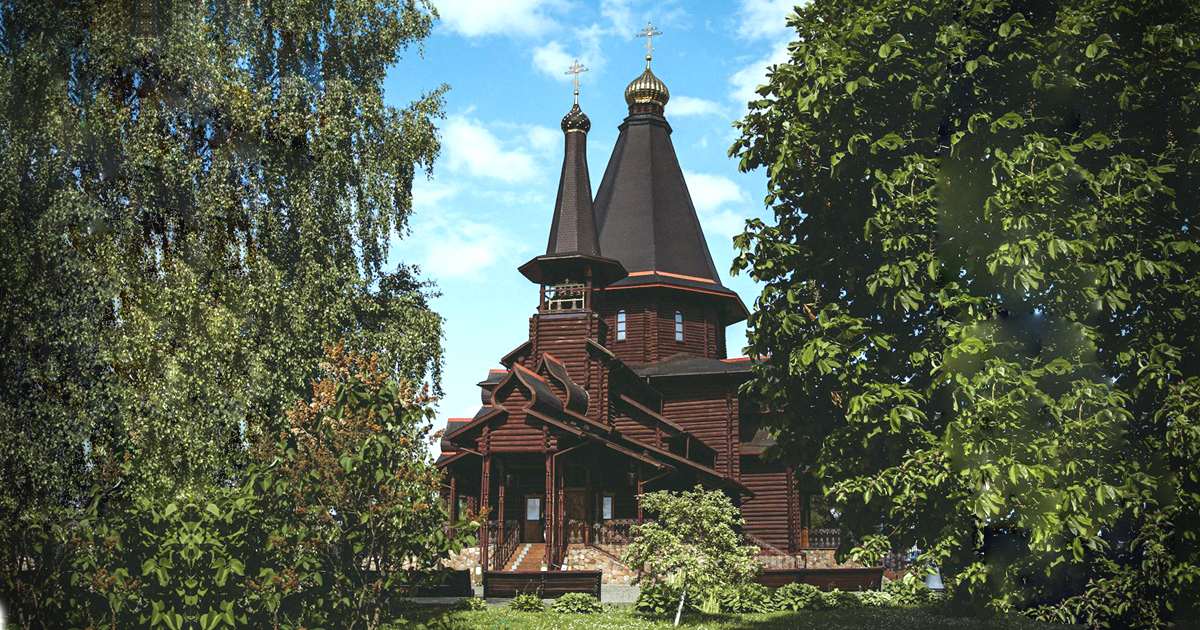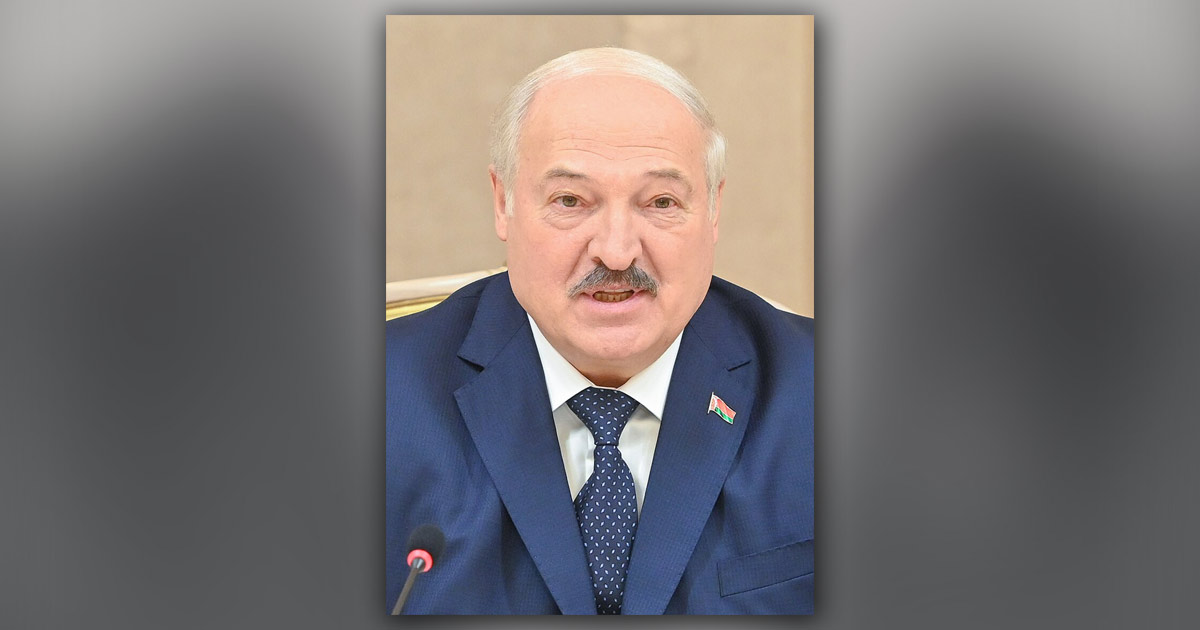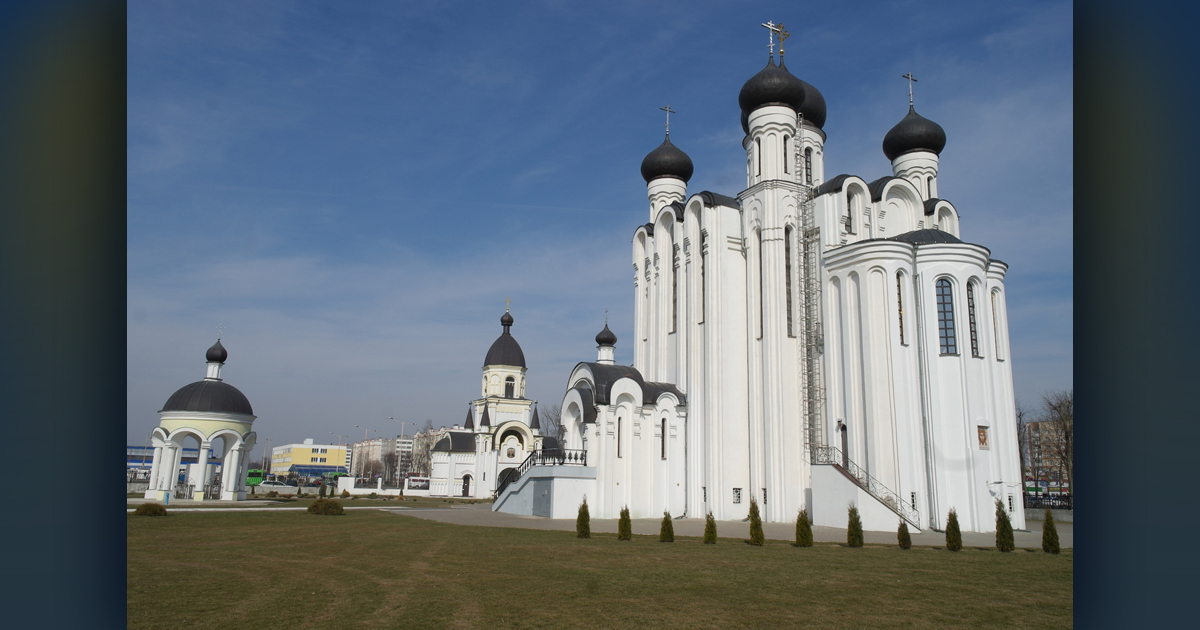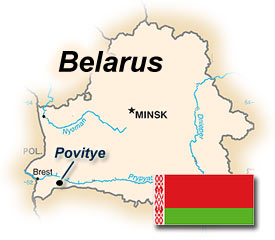 The Belarusian government continued its actions against "unregistered" churches as a Pentecostal pastor from the small south-western town of Povitye was fined 150,000 roubles ($77.00 CAD) for leading a worship service without state sanction. According to a Forum 18 report, a police officer came to the home of Pastor Ilya Radkevich on May 17 and informed him of the charges against him. The congregation of fifty has been in existence since 1944 and has been fined numerous times in its history.
The Belarusian government continued its actions against "unregistered" churches as a Pentecostal pastor from the small south-western town of Povitye was fined 150,000 roubles ($77.00 CAD) for leading a worship service without state sanction. According to a Forum 18 report, a police officer came to the home of Pastor Ilya Radkevich on May 17 and informed him of the charges against him. The congregation of fifty has been in existence since 1944 and has been fined numerous times in its history.
The fining of unregistered churches is becoming so commonplace in Belarus that many churches apparently do not even bother reporting them anymore. The Baptist Union leader, Nikolai Sinkovets, told Forum 18 on May 25 that his churches barely pay any attention to all the fines that are now being imposed. "The first time such fines were handed down we paid attention. Now we're tired of all these fines. It makes no difference if we publicize them or not. They're happening all the time. People only bother to tell me if they are very heavy." Church leaders have also told VOMC that they believe that the Belarusian government has found the fining of churches to be a lucrative source of income.
Pray that Pastor Radkevich will remain unshaken from the work the Lord has given him, trusting the Lord to bring eternal results (1 Corinthians 15:58). Pray that he and the congregation will consistently love and pray for those responsible for the fines (Matthew 5:43-44). Pray that God will move the hearts of government leaders to stop their harassment of non-Orthodox Christians in Belarus.
For more information on the persecution facing Christians in Belarus, click here. News reports filmed on location in Belarus by VOMC staff are available on the multimedia website, www.vomcanada.com.

